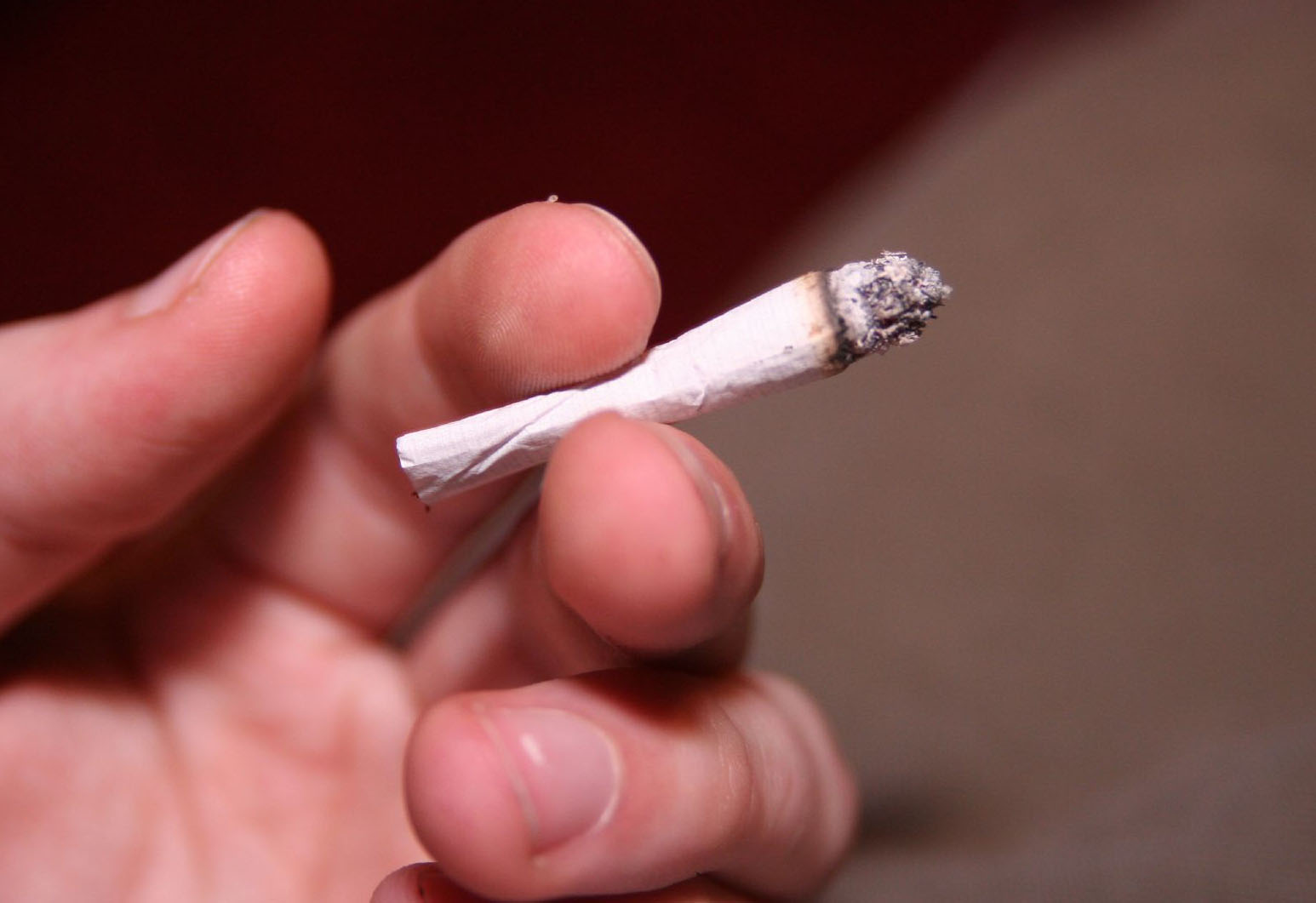How tobacco taxes impact poor households and consumption levels in Bangladesh

- Country:
- Bangladesh
Despite the obvious positive health impacts of tobacco taxation, an argument raised against it is that poor households bear the burden of the increased prices because of their higher share of spending on tobacco.
Bangladesh is one of the largest consumers of tobacco in the world. According to the World Bank, approximately 4 in 10 adults (46 million adults) use some form of tobacco, whether smoked or smokeless.
This research by World Bank includes estimates of the distributional impacts of price rises on cigarettes under various scenarios using the Household Income and Expenditure Survey 2016/17.
One contribution of this analysis is to quantify the impacts by allowing price elasticities to vary across consumption deciles. This shows that an increase in the price of cigarettes in Bangladesh has small consumption impacts and does not significantly change the poverty rate or consumption inequality.
These findings stem from relatively even cigarette consumption patterns between less and more well-off households. These results hold even considering some small substitution through the use of bidis, which are largely consumed by the poor.
The short-term consumption impacts are also negligible compared with the estimated gains because of savings in medical costs and the greater number of productive years of life.
The full report is available on World Bank's website.
ALSO READ
Finding the Words: Study Reveals the Mental Health Benefits of Art Therapy
Inter-university debate held on Sexual and reproductive health issues
Transgender community in Assam demands improved healthcare, job opportunities, and anti-bullying laws ahead of LS polls
Synapses to invest USD 125 million in climate and healthtech startups
Health News Roundup: US FDA declines to approve Supernus' Parkinson's combination again; Trump says abortion laws should be decided by US states and more










